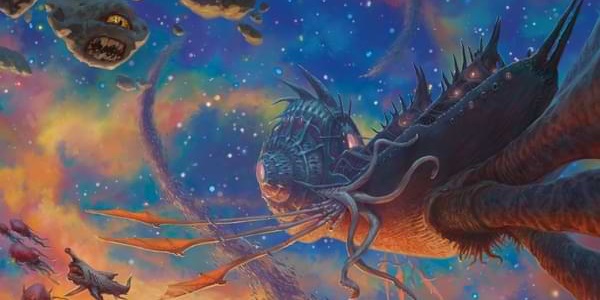Over on D&D Beyond, WotC's Chris Perkins has written a blog entry about how the company's processes have been changed to improve the way the D&D studio deals with harmful content and inclusivity. This follows recent issues with racist content in Spelljammer: Adventures in Space, and involves working with external cultural consultants.

 www.dndbeyond.com
www.dndbeyond.com
The studio’s new process mandates that every word, illustration, and map must be reviewed by multiple outside cultural consultants prior to publication.
Leveling Up Our Creative Process: Learnings From Spelljammer
In this blog post, I'll talk about how we in the D&D Studio are changing our review process following the problematic content that appeared in Spell...



